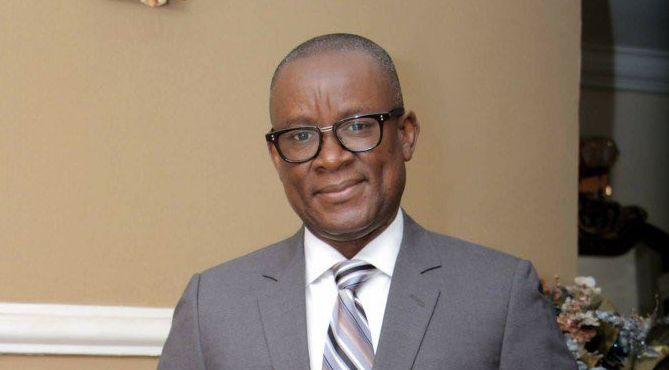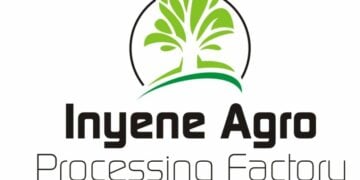The federal government has introduced a set of unified national standards aimed at equipping Nigerian vehicle technicians with the skills required to service compressed natural gas (CNG), electric, and hybrid vehicles — a move designed to accelerate the country’s energy transition and industrial revitalisation.
The new standards, developed by the National Automotive Design and Development Council (NADDC), include the National Operational Standard (NOS) for CNG vehicle maintenance, the NOS for electric vehicle servicing, and a comprehensive technical guide for retrofitting vehicles to run on CNG.
Speaking at the launch in Abuja, minister of state for industry, trade and investment, Senator John Owan Enoh, said the unveiling marks a shift from policy declarations to practical execution of President Bola Tinubu’s clean energy roadmap.
“This is no longer about plans—it’s about action,” Enoh said. “The President has made it clear: gas and CNG are the future, and we are backing that up with enforceable standards, focused training, and targeted investment in local human capital.”
The minister described the standards as a foundation for building a specialised, standardised workforce capable of delivering safe and efficient services in the fast-evolving mobility sector. He said they would ensure national uniformity in technical practices, boost public confidence in vehicle conversion, and attract further investment into Nigeria’s automotive value chain.
“These standards are not optional. They are a benchmark for quality, competence, and safety, and they are essential for driving sustainable growth in the sector,” Enoh said.
He added that the standards would be implemented through the National Council on Skills, chaired by Vice President Kashim Shettima, and reinforced by an upcoming national rollout of technician training and certification programs.
Enoh acknowledged ongoing challenges in the sector, including policy and legislative gaps, but insisted that decisive action was now required to restore investor confidence and position Nigeria as a competitive player in the global auto market.
“We must get this sector right,” the minister said. “Without the right skills and governance framework, we will continue to lag. These standards are a critical piece of that framework,” he said.
The minister who also inaugurated the newly elected executives of the Sector Skills Council (SCC) charged them to prioritise industry-wide adoption of the standards and accelerate workforce readiness across Nigeria’s auto ecosystem.
Director-general of NADDC, Joseph Osanipin, said the newly- developed standards will serve as the blueprint for capacity building in CNG and electric vehicle technologies, in line with the National Skills Qualification Framework (NSQF) approved by the federal government.
He said the standards are designed to facilitate technician training, ensure safe retrofitting practices, and promote consistency in maintenance and calibration nationwide.
“We are standardising technical skills across all regions to guarantee uniformity in how CNG and EVs are maintained, converted, and serviced,” Osanipin said. “This is vital as the country moves toward alternative energy solutions.”
He noted that the implementation of these standards would guide the licensing of CNG stations, support the broader adoption of autogas, and contribute to emission reduction targets. He added that hybrid systems—combining gas and electric power—also require trained personnel to manage emerging technologies safely and efficiently.
“This is a forward-looking intervention,” Osanipin said. “We are not only preparing for today’s needs but also anticipating tomorrow’s.”





